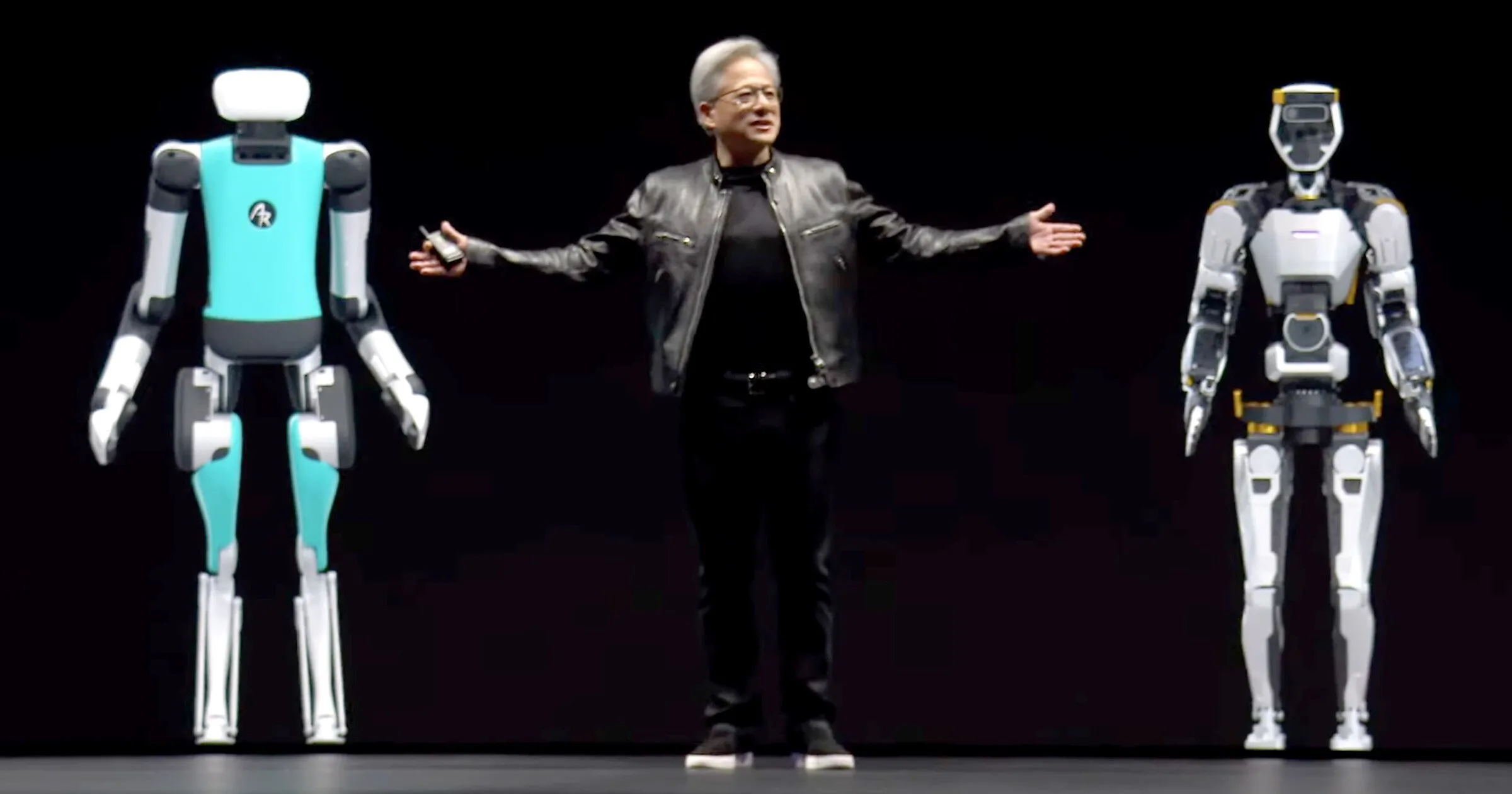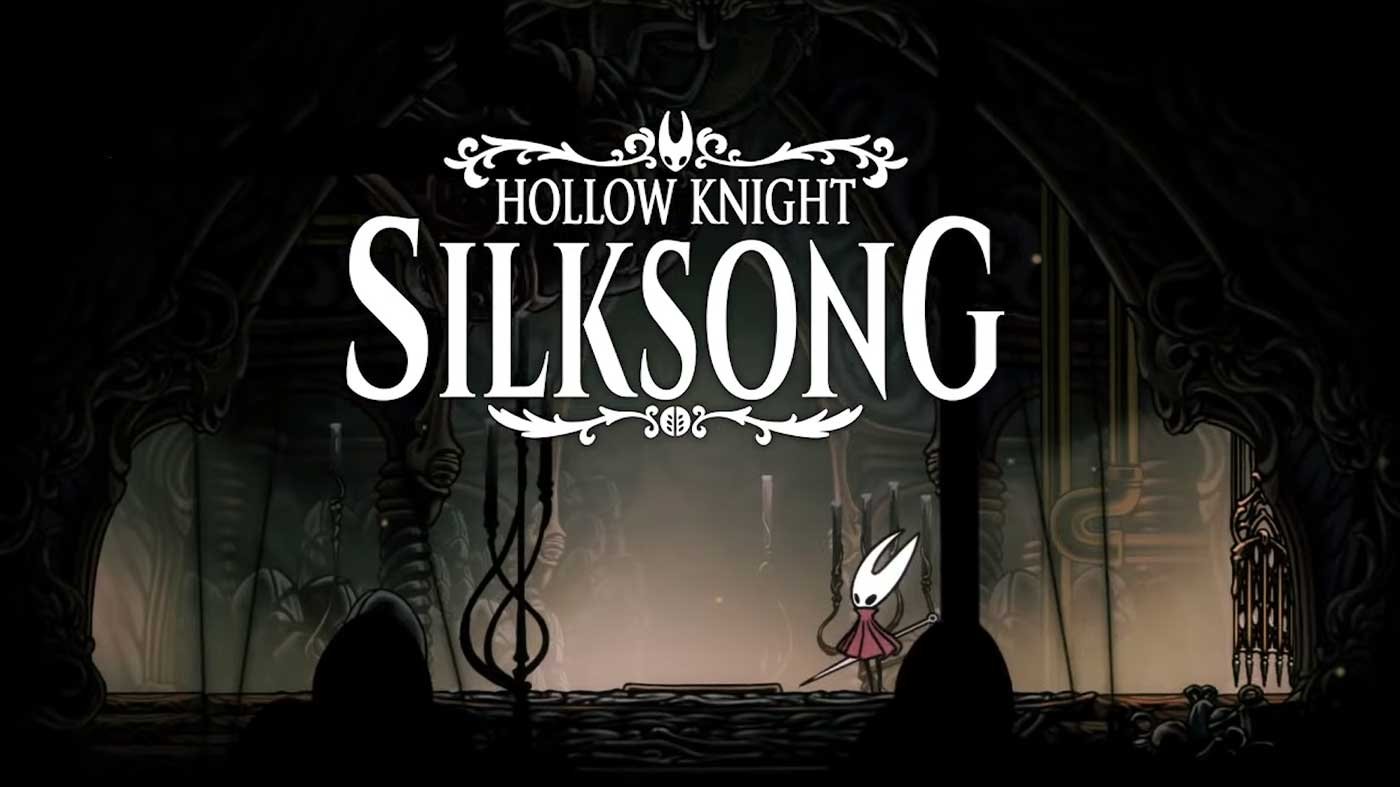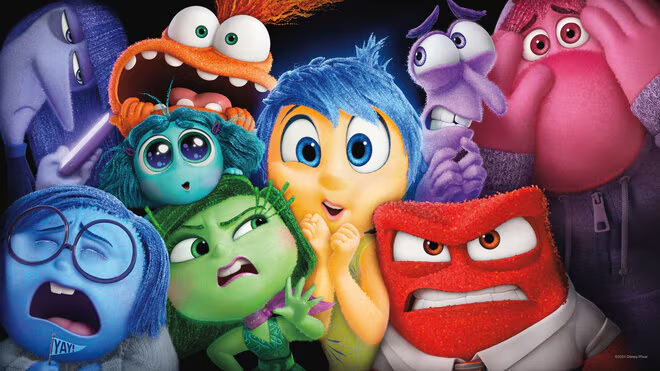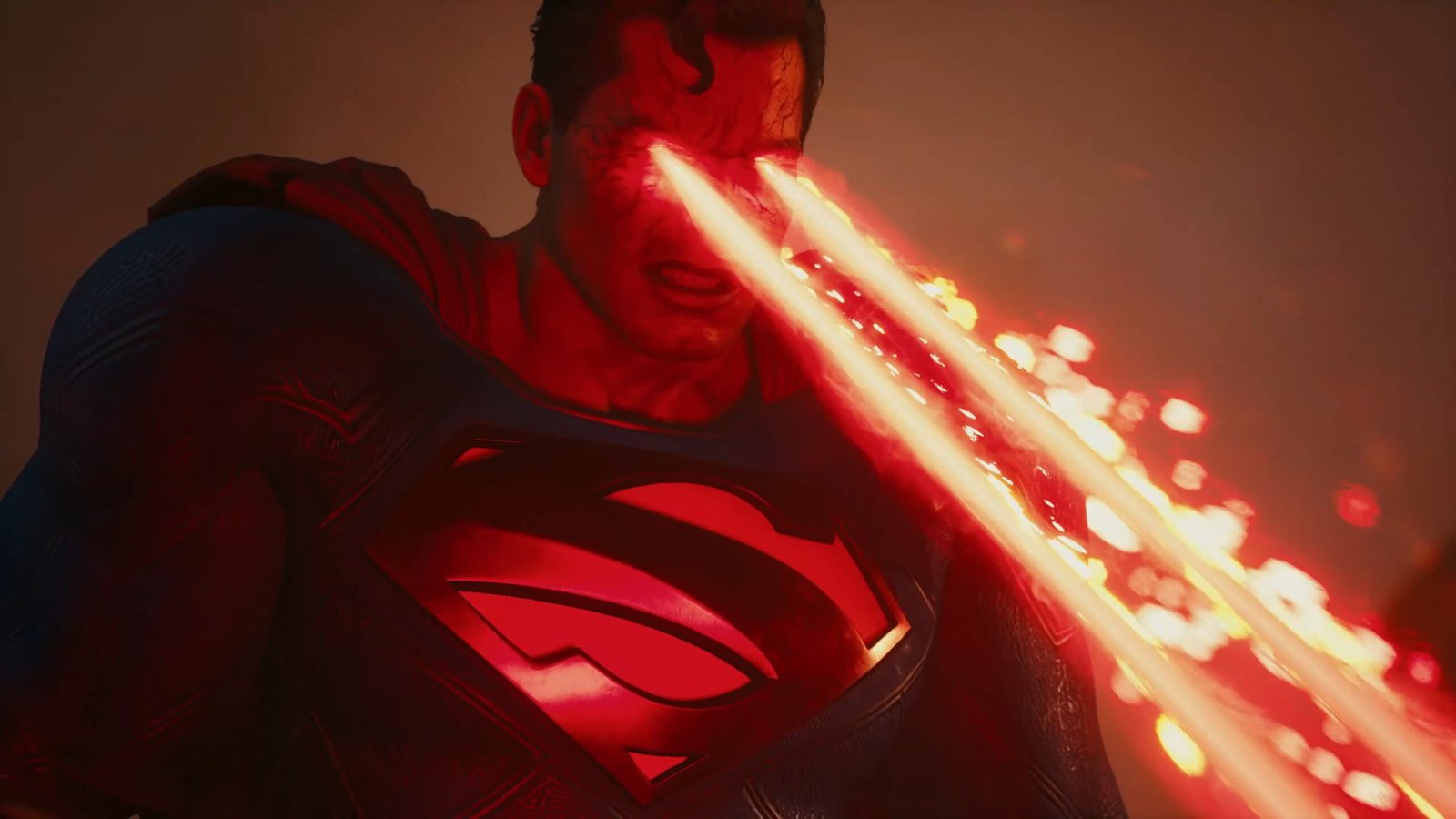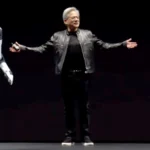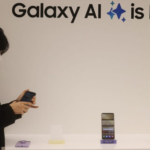In Focus: The Evolution of Attention in the Digital Epoch
In an increasingly digital world, the narrative around our attention spans has become a point of intense debate.
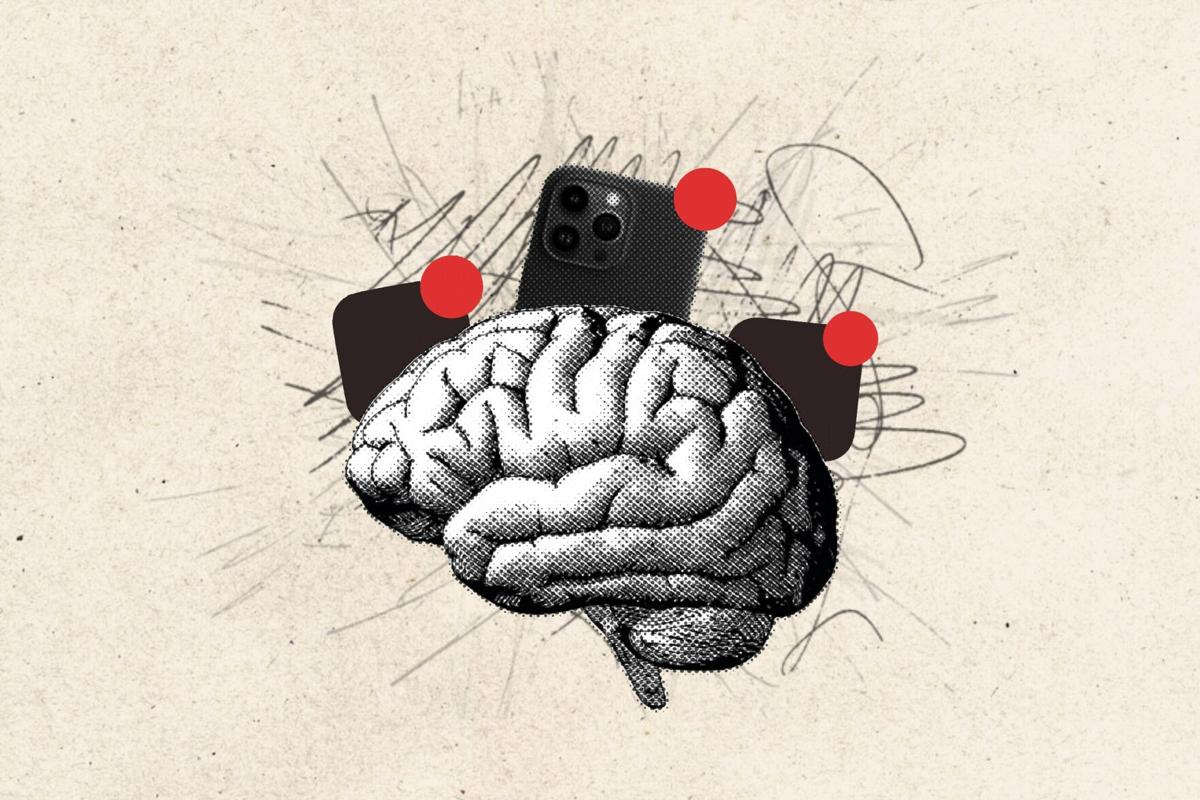
In an increasingly digital world, the narrative around our attention spans has become a point of intense debate. Are we collectively facing a concentration crisis or adapting to a new, fast-paced digital environment? This exploration delves into various perspectives and studies to unravel this modern enigma.
Key Takeaways:
- Attention spans seem shorter online, with platforms like TikTok encouraging fragmented focus. Some experts disagree, pointing to situations where we concentrate deeply.
- Public perception is mixed: many think their attention has declined, but they also see technology’s benefits. A myth about an 8-second adult attention span persists.
- Technology influences concentration: frequent media switching disrupts focus, yet multitasking is often seen as efficient. Addiction affects both young and middle-aged individuals.
- People have diverse attitudes towards technology: some embrace it, others are wary or disengaged.
- The contradictory picture of attention in the digital age calls for nuanced understanding and looking beyond simple narratives.
The Decline in Attention: A Digital Phenomenon

A widespread myth claims humans have shorter attention spans than goldfish
Gloria Mark, a prominent researcher at the University of California, Irvine, has observed a significant shift in how we focus. Over the last two decades, our attention span while using digital screens has alarmingly decreased from about two-and-a-half minutes to just 47 seconds. This trend aligns with the emergence of platforms like TikTok, where content is brief and endlessly engaging. The experience of Sasha Barnett, a teenager, exemplifies this shift. Like many others her age, she feels an incessant pull towards her smartphone, illustrating a broader generational trend towards fragmented attention.
Differing Opinions in the Academic Realm
However, the narrative of declining attention spans isn’t universally accepted. James Cutting, a psychology professor emeritus at Cornell University, challenges this popular belief. He argues that our attention spans might not have fundamentally changed. He points out scenarios, such as TSA agents working intensive two-hour shifts or teenagers playing video games for extended periods, which demonstrate a capacity for sustained focus. Cutting also notes that while individual shots in movies have become shorter over time, this is likely due to viewers’ enhanced ability to process visual information quickly rather than a decreased attention span.
Public Perception and the Generational Attention Divide
A comprehensive survey conducted by King’s College London sheds light on public perception regarding attention spans. The study reveals a complex picture: while half of the respondents feel their attention span is shorter than it used to be, many acknowledge the benefits of technology in aiding multitasking and problem-solving. Surprisingly, a prevalent myth persists that the average adult’s attention span is only eight seconds, despite being debunked. This misconception underscores the gap between perception and reality in the digital age.
The same King’s College study highlights the disruptive influence of technology on concentration. For instance, frequent switching between different media forms, such as social media, smartphones, and other devices, can impede the ability to complete even simple tasks. Despite this, a significant portion of the public believes that multitasking at work, involving frequent switches between tasks leads to more efficiency and satisfaction. This belief stands in contrast to psychological studies that suggest otherwise.
The study also challenges generational stereotypes about technology use. Contrary to the belief that only the younger generation is addicted to their devices, the survey reveals that middle-aged individuals are equally likely to struggle with staying off their phones. This finding indicates that the issue of distracted attention spans cuts across age groups.

King’s College study also displayed commonplace anxiety over a perceived loss of attention span.
Categorizing Public Attitudes Towards Technology and Attention
Further analysis from the King’s College study categorizes the UK public into four groups based on their attitudes towards attention and technology. These include “Positive multi-screeners” who see multiple benefits from information access, “Stressed tech addicts” who are highly engaged but concerned about their attention spans, “Overloaded sceptics” who are wary of the impact of technology, and “Disengaged and untroubled” individuals who are less engaged with digital media. These categories reveal the diverse ways people interact with and perceive technology.
The debate around multitasking is particularly interesting. While many believe that multitasking at work hampers productivity and causes stress, a majority in the UK study view it as an efficient way to work. This perspective challenges the traditional view that multitasking is inherently detrimental. It suggests that for some, juggling multiple tasks might be manageable and preferred. However, it’s important to note that psychological research often indicates that multitasking can lead to lower-quality work and increased errors.
Reconciling the Contradictions on Attention
The contradictions in how we perceive our attention span in the digital age point to a larger cultural and psychological puzzle. On the one hand, there’s a growing concern about our dwindling ability to focus, fueled by the rapid pace of technological change and the endless stream of digital content vying for our attention. On the other hand, there’s an emerging realization that our brains might be adapting to these new demands in ways we don’t quite understand yet.
Read More:
Breaking Down Forrest Gump – A Journey Of Life, Love And Death
Google’s $5 Billion Privacy Lawsuit Settled


